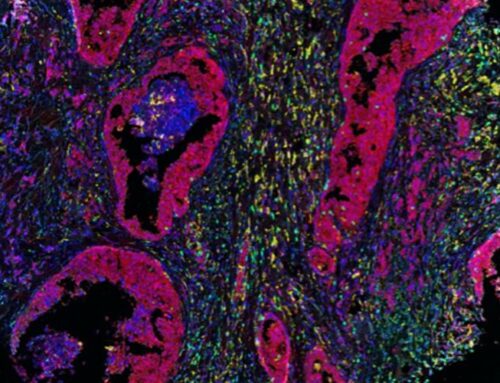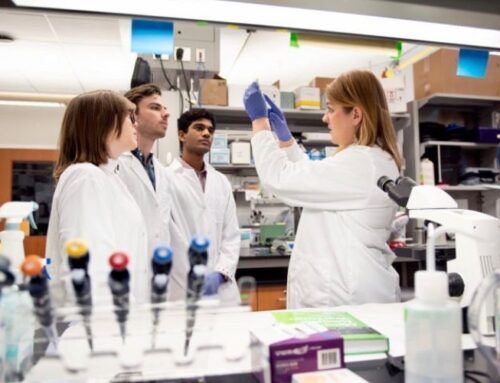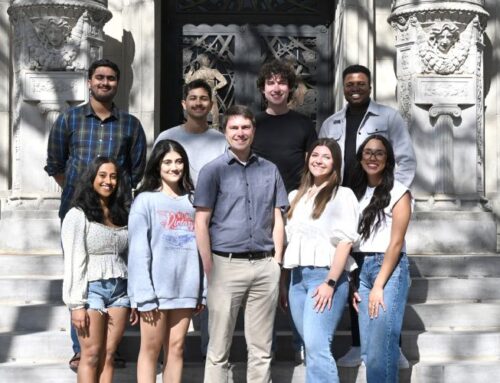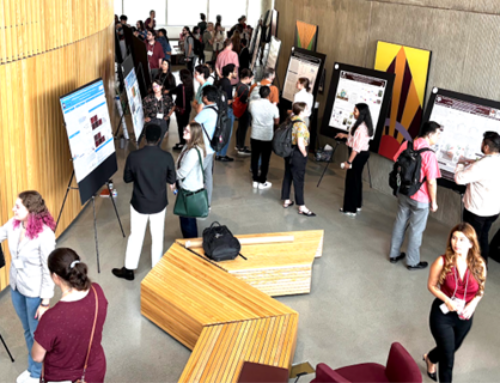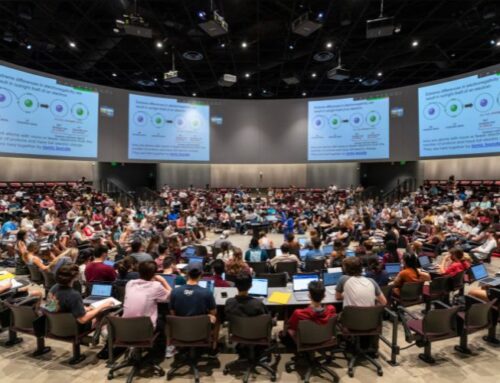Understanding How Cells Fight Back: Dr. Jared Bard’s Research Brings Us Closer to New Cancer and Virus Treatments
By: TAMU Biology
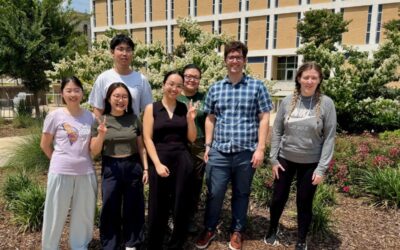 In the Department of Biology at Texas A&M University, Dr. Jared Bard leads a research team focused on a critical question: How do our cells respond to stress at the molecular level, and how can this knowledge help fight cancer and viral infections?
In the Department of Biology at Texas A&M University, Dr. Jared Bard leads a research team focused on a critical question: How do our cells respond to stress at the molecular level, and how can this knowledge help fight cancer and viral infections?
Every moment, our cells are at work translating genetic instructions into the proteins that keep us alive. But when they come under stress, due to a viral infection or cancer, for instance, they must adapt rapidly and swiftly reprogram cell-wide protein production. Dr. Bard’s lab investigates these precise moments of crisis. Specifically, his research focuses on how cell-wide reorganization of molecules into clusters termed biomolecular condensates help cells adapt translation and survive stress, or how these same processes can lead to disease.
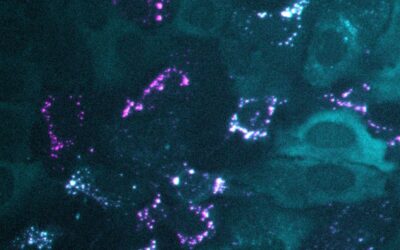 “This is a spectacular time to be a biologist,” says Dr. Bard, “As technological advances allow us to ask questions at a speed and scale that scientists couldn’t dream about decades ago, we use these modern techniques to study a paradigm in biology: the role of biomolecular condensates in regulating cellular biochemistry.”
“This is a spectacular time to be a biologist,” says Dr. Bard, “As technological advances allow us to ask questions at a speed and scale that scientists couldn’t dream about decades ago, we use these modern techniques to study a paradigm in biology: the role of biomolecular condensates in regulating cellular biochemistry.”
The stakes are high. When cellular stress responses go wrong, it can lead to the development of cancer or help viruses thrive in the body. By decoding how cells reprogram themselves under stress, Dr. Bard’s work paves the way for smarter, more targeted treatments, ones that could stop cancer cells from surviving therapy or prevent viruses from taking over healthy cells.
Dr. Bard’s lab is a clear example of how curiosity-driven discovery translates into real-world impact, transforming our understanding of disease and offering new hope for families affected by cancer and viral infections.

